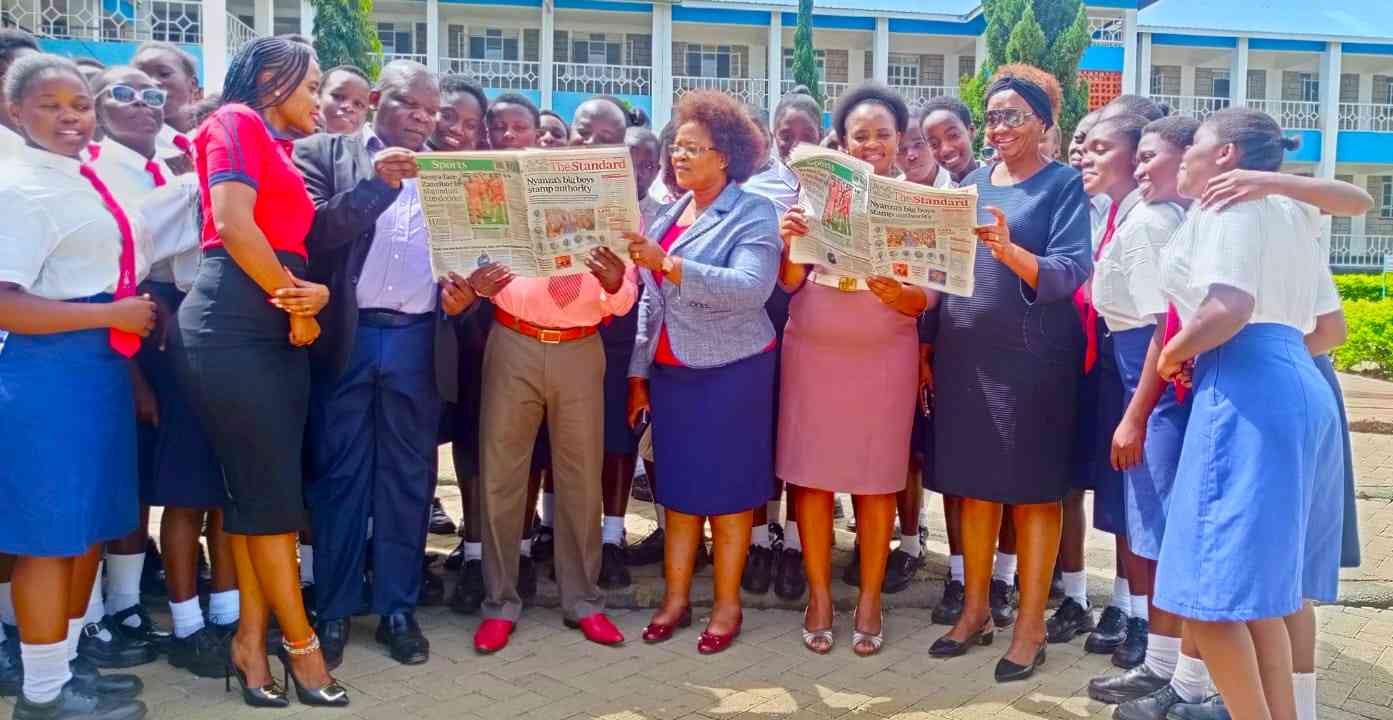SANTIAGO, Chile (AP) –
A Chilean-American raised in the United States filed a criminal complaint against the Chilean government on Monday, alleging that it engaged in a systematic plan to steal thousands of babies from perceived enemies of the state in the 1970s and 1980s.
The case filed by Jimmy Lippert Thyden González, 43, aims to advance the task of Chilean prosecutors and human rights groups working on accountability for crimes committed under Gen. Augusto Pinochet.
On Sept. 11, 1973, Pinochet led a coup to overthrow Marxist President Salvador Allende, ushering in a period of brutal repression until 1990 during which at least 3,095 people were killed and tens of thousands more were imprisoned and tortured for political reasons.
Little more than a year after learning about his origins as one of thousands of Chilean adoptees taken from their biological parents without consent during Pinochet’s dictatorship, Thyden González lodged his lawsuit in Santiago, Chile’s capital.
He did it at a pivotal moment. On Monday, a new judge assumed control over the judicial investigations into the dictatorship’s child-trafficking operations, the latest action as the left-wing government of President Gabriel Boric seeks to strengthen Chile’s accountability efforts.
“First and foremost, we start with acknowledgement by the government that this has happened. Acknowledgment that there was a wrong,” Thyden González, a lawyer and former Marine who was raised in Virginia, told The Associated Press in Santiago. “From there we can build on what reparations look like.”
Last year, with the help of Nos Buscamos, a Chilean nonprofit facilitating the reconnection of families severed by coerced adoptions, Thyden González managed to track down and hug his birth mother, Maria Angelica González, who last glimpsed her newborn son being whisked away in a Santiago hospital ward.
Medics had told her that her premature son died shortly after delivery and that they had buried him while she recovered in the hospital. In reality, baby Thyden was given up for adoption to a family in the United States — one of the thousands of illegal overseas adoptions in Chile that predated Pinochet’s dictatorship but increased during his 17 years in power.
According to reports from the Chilean judiciary obtained by the AP, there were some 20,000 cases of coerced or criminal adoptions overall. Civil society organizations such as Nos Buscamos estimate that more than 50,000 Chilean families have been affected.
It took until 2017 for Chile to launch judicial investigations into the chilling practice. The government has built a DNA database to enable adoptees and biological families to connect.
No one has been charged in connection with the abductions. Rights groups have criticized the government’s failure to investigate the crimes more diligently and swiftly.
Officials in the Justice Ministry say 1,200 cases of coerced adoption — with most involving the Chilean babies taken to the United States and Sweden for adoption — are winding their way through the Santiago appeals court.
Chile’s president met last week with the Swedish Prime Minister Ulf Kristersson in Stockholm, where they struck a cooperation agreement to “advance information sharing” about the coerced adoptions.
Thyden González’s lawsuit is one of many attempts at finding justice. But while most of the previous criminal complaints turn on the specifics of individual adoptees’ experiences, González’s case hopes to have a broader resonance.
His complaint stands out in denouncing a “systematic situation that spanned decades.”
“Apart from individual responsibilities, we are interested in determining the responsibility of the Chilean state,” said Ciro Colombara, a human rights lawyer who filed Thyden González’s complaint. “This will be a discussion in local courts, national courts and eventually international human rights courts.”





















Discussion about this post